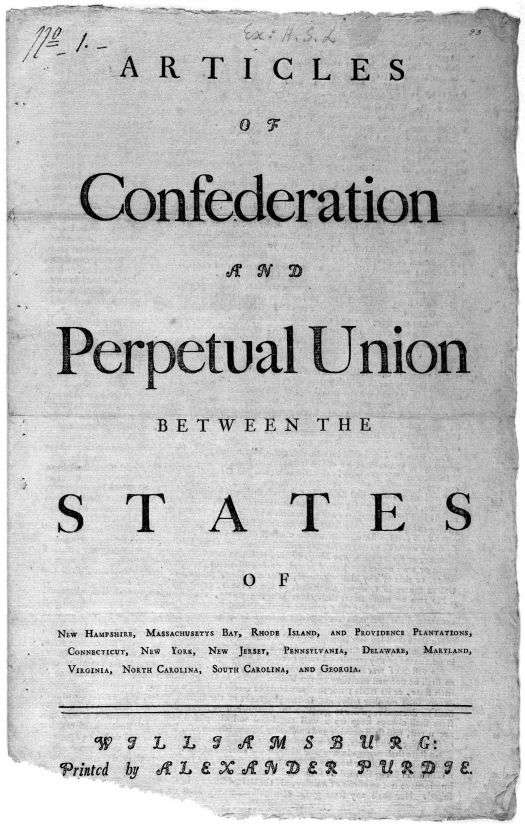The Volokh Conspiracy
Mostly law professors | Sometimes contrarian | Often libertarian | Always independent
Today in Supreme Court History: July 13, 1787
7/13/1787: The Articles of Confederation Congress enacts the Northwest Ordinance.

Editor's Note: We invite comments and request that they be civil and on-topic. We do not moderate or assume any responsibility for comments, which are owned by the readers who post them. Comments do not represent the views of Reason.com or Reason Foundation. We reserve the right to delete any comment for any reason at any time. Comments may only be edited within 5 minutes of posting. Report abuses.
Please to post comments


Julian v. United States, 463 U.S. 1308 (decided July 13, 1983): request for bail denied by Rehnquist because grant of certiorari appeared very unlikely (applicant had been caught with drugs while trying to board flight to Peru -- sure sounds like a flight risk to me)
Capital Cities Media v. Toole, 463 U.S. 1303) decided July 13, 1983): refusing to rule on stay of order (affirmed by the Pennsylvania Supreme Court) prohibiting press disclosure of jury photos and other jury information; denial was without prejudice to renew pending appeal of related orders; later the Court denied a stay by remanding to the Pennsylvania Supreme Court for a decision on reasons for upholding the prohibition; on remand the Pennsylvania court held it did not have jurisdiction for this application (now they tell us!)
Carter v. United States, 75 S.Ct. 911 (decided July 13, 1955): Frankfurter denies motion to extend time to file for certiorari; rejected “new counsel” and “busy with criminal matters” excuse (“sorry, I have to put the Supreme Court on the back burner because I have more important things to do!”)
In the news this week, Donald Trump is too busy running for president to get deal with mere criminal matters.
Mike Luckovich has a great political cartoon that has the police arresting a burglar, who says, "I'm running for president and I want all criminal matters against me postponed until after the election."
I believe the Northwest Ordinance is still law after it was reconfirmed under the Constitution. It forbid slavery in the Northwest Territory, which effectively set the boundary between incoming free and slave states at the Ohio River. Of course, this didn't work after the Louisiana Purchase. It also established a principle that Congress could forbid slavery in new territories so the Dred Scott decision was wrong again.
The Northwest Ordinance forbid slavery in the territory, but I don't think that prohibition extended to the states that were to be formed from the territory, so technically they could have been admitted as slave states (although forbidding it in the territory meant the practice would not take hold as people moved there, making it far less likely they would seek to be admitted to the Union as a slave state)
As far as Dred Scott, he was taken to both Illinois (a free state) and the Wisconsin Territory (which may have still been governed by the Northwest Ordinance, or it could also be argued that the Northwest Territory ceased to exist with the admission of Ohio to the Union and the rest of the territory being reorganized at the Indiana Territory) In any event the Dred Scott case was not really decided on merits but rather found that blacks were not citizens of the Union, nor of their state of residence, and thus couldn't meet the standing to sue in Federal Court, which meant that even if Dred Scott were free by virtue of being taken to a free state or territory, he had no recourse to enforce that freedom.
I wonder: what was the legal effect of the Dred Scott decision? We all know about the political effect, but the Supreme Court had just held that black people had no rights. Did every case where a black person was plaintiff get automatically dismissed? Did all free blacks (particularly those few of them in the South) become vulnerable to being captured and enslaved on sight? Did every black voter get automatically thrown off the rolls?
Why did you feel it was necessary to identify Congress as "the Articles of Confederation Congress"? It was the "Congress of the United States" even then, regardless of the constitutional framework under which it was operating.